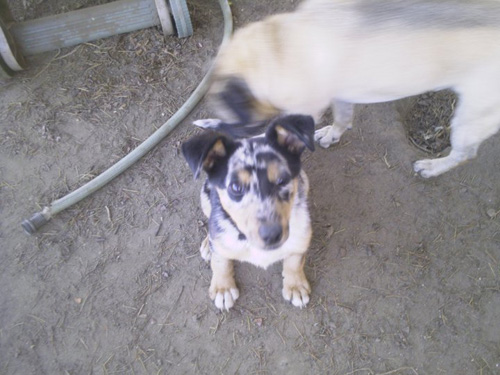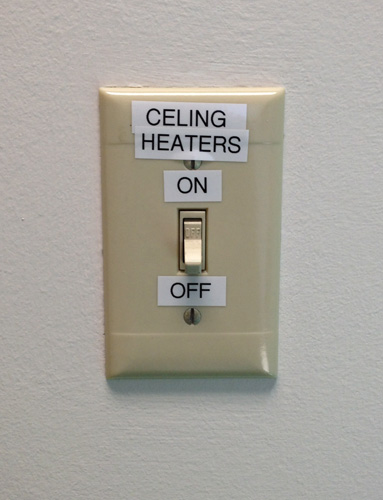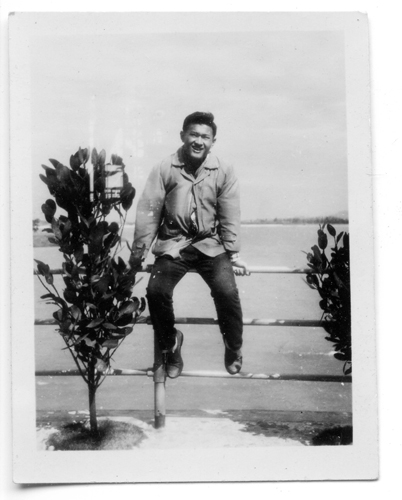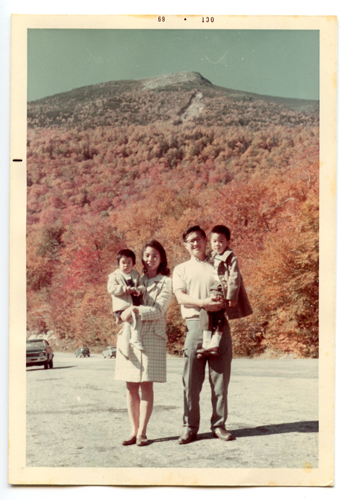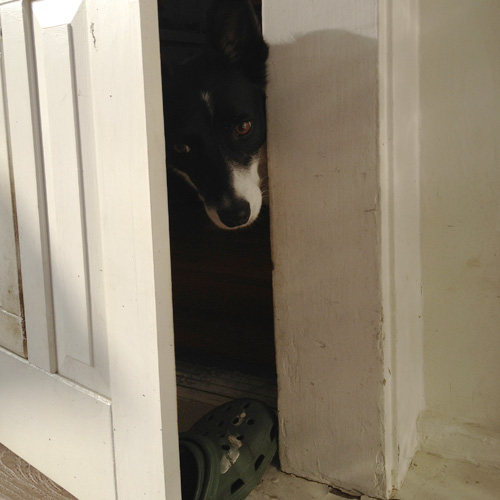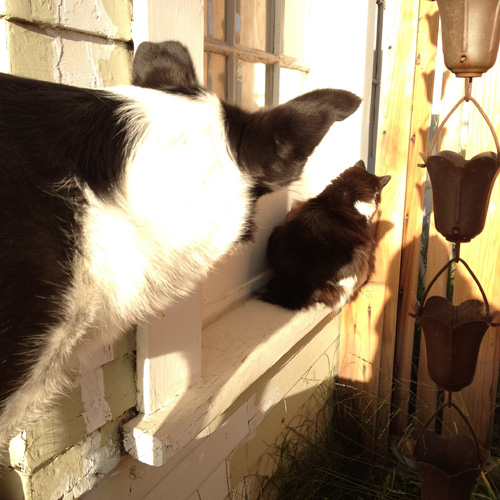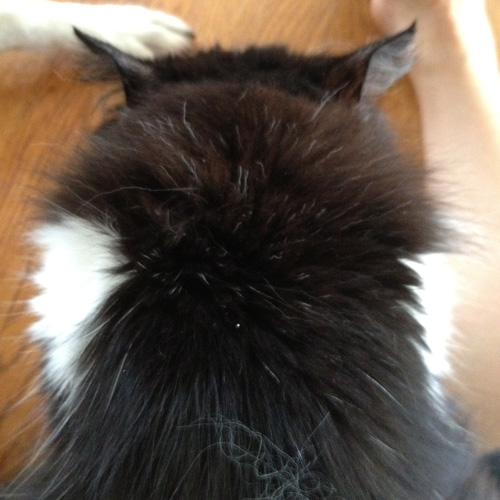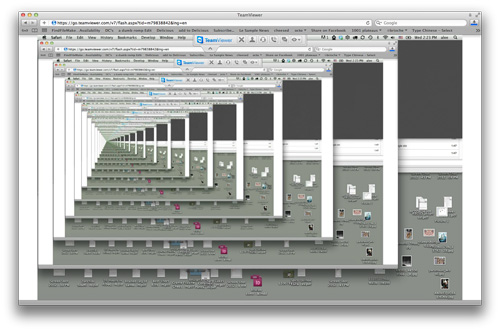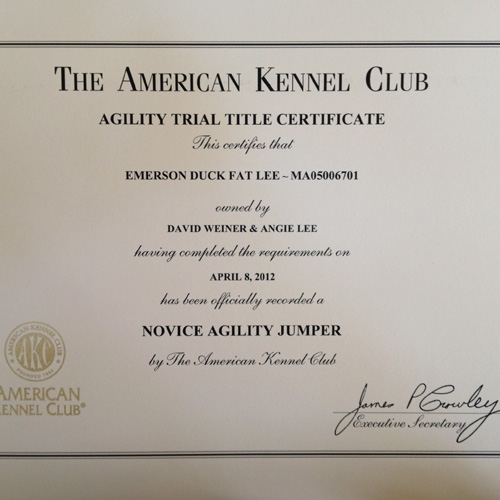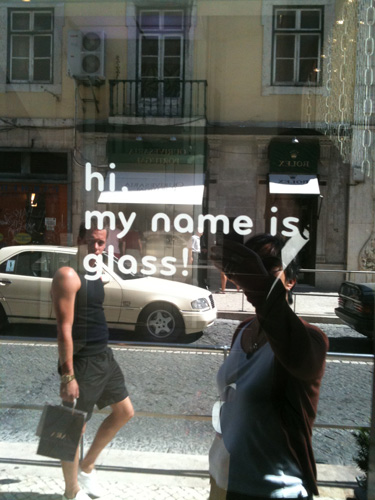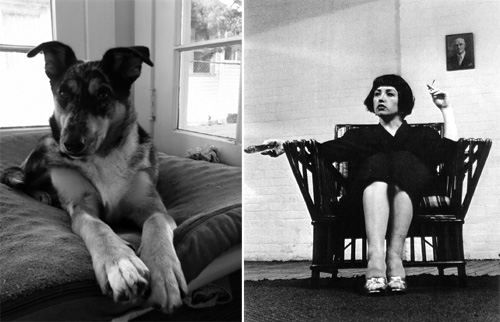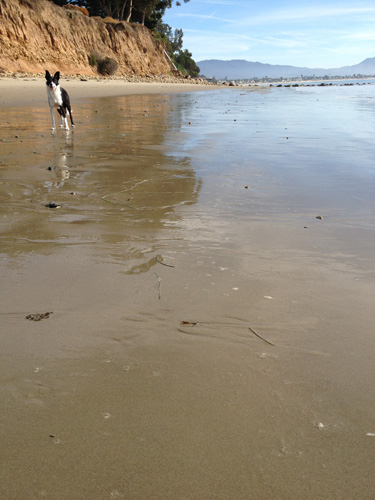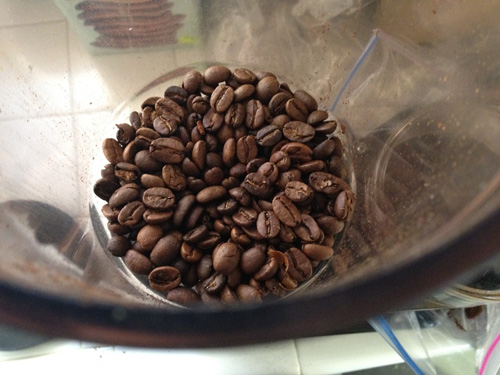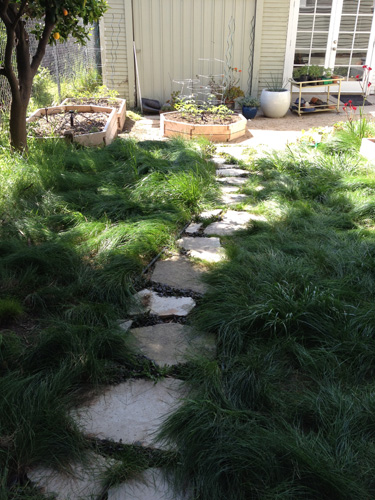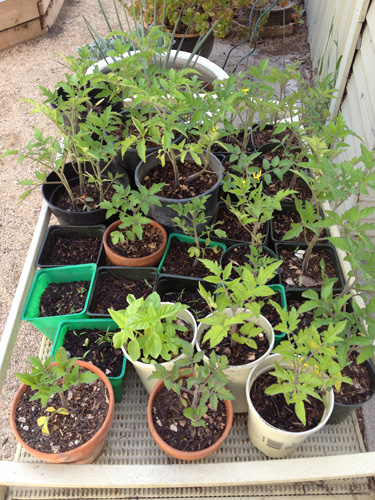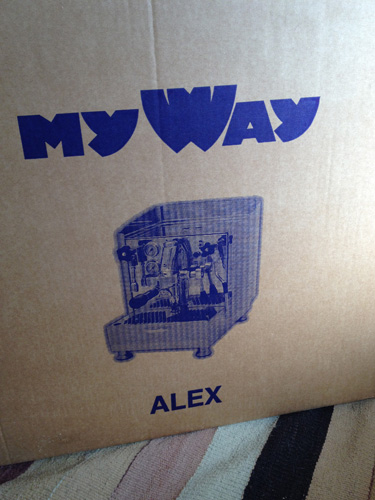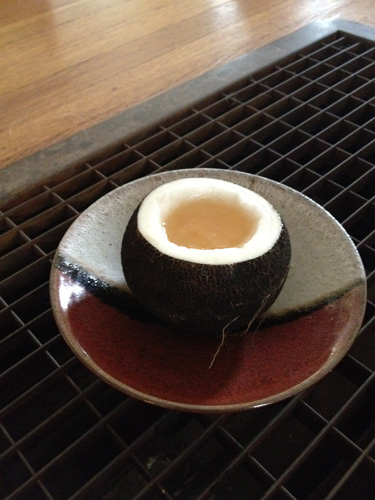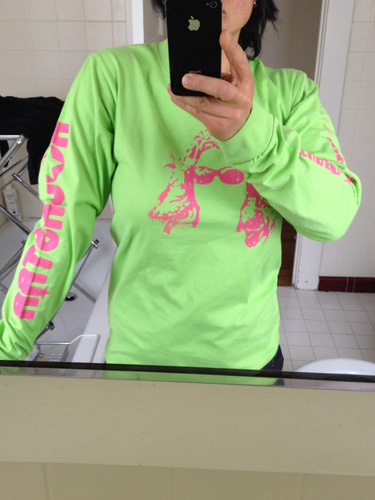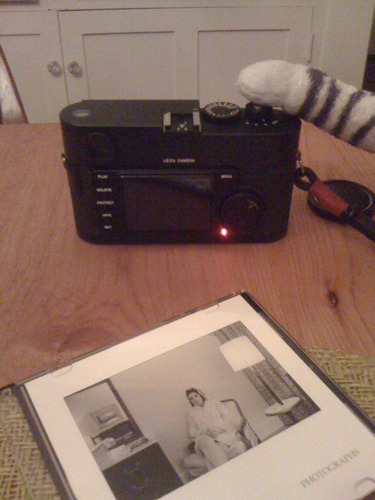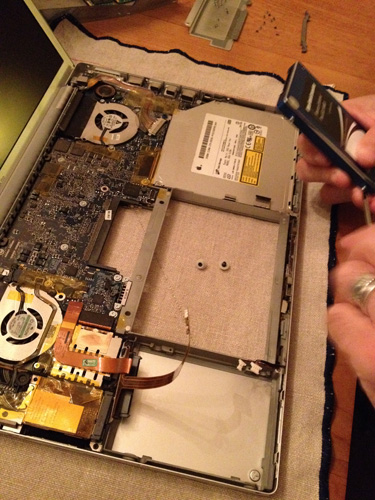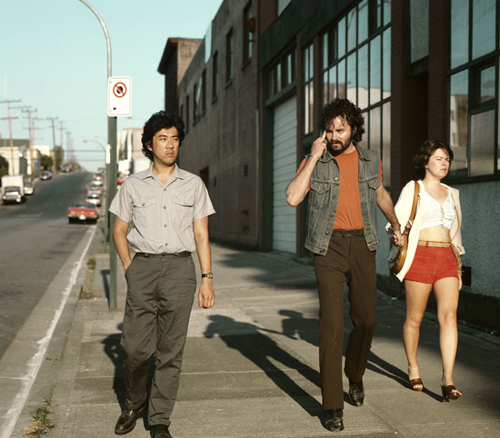[qt:/wp-content/uploads/2012/07/pooltricks.mp4 240 180]
[qt:/wp-content/uploads/2012/07/skiing-with-angie.mp4 320 300]
If you ever wondered how come I am such a fan of colloidal suspension of tiger-striped polyphasic foam or why I thought the argumentative atmosphere of Cal Arts was just an extension of home life or why the hell my cat speaks one language and my dogs another, here’s the primal source.

Huan Lee
8-29-1939 — 6-1-2012
There just wasn’t a way to know my dad casually. Even if you didn’t understand physics, or mathematics or the other things he was passionate about, like playing go, or skiing, it was impossible not to get caught up in his quest to make things better, to try harder, to figure things out. He instilled in me the idea that you can always do more, and to never be satisfied with “good enough.” He was the King of the Satisfaction Upgrade. This meant to have high expectations for other things but save the highest expectations for your own self. This didn’t mean life was all work, however. When I was younger he inspired me to never give up, but when I worked too hard he always reminded me of the breakthrough discoveries solved by scientists while they were on vacation.
There are some people in the world who you meet under one context, and then after awhile you find out something else about this person that surprises you. With my dad, no matter what the context, for better or for worse, you got the entire package. This meant he would always keep his word, he did everything he could when friends or family needed help, and I don’t have to tell anyone here that he was a champion of integrity, a big fan of math puzzles and intellectual debates on all subjects. What you might not know are some facts of his life, so I would like to give a little timeline.
In 1937 the Japanese invasion of China forced the government and many universities to relocate west to Sichuan and Yunnan. Amidst this chaos my father’s parents met at a train station in Wuhan and decided to spend the rest of their lives together. Two years later my father was born, in a small town called Bei Wen Quan near ChongQing.
In 1948 as China entered a civil war, my grandfather took a job in Taiwan, thinking that it would be a yearlong assignment. Instead, the communists took control of the mainland and it would be decades before any of them could go back.
In Taiwan my father studied Chemical Engineering at the National Taiwan University and received his masters in Atomic and Nuclear Physics from Tsing Hua University. In 1962 he received a scholarship to U.C Berkeley to study Theoretical Particle Physics for his PhD and together with my mom began a new life in the United States. It was an adventurous, and thrilling time to be here.
My dad was part of a generation of forced ex-patriots. He came out of China at a unique moment where the old China no longer existed and the new China was yet to be. He believed in all the traditions and values that the old China had, but he also knew America was the future. From the moment he arrived until his death this was the profound balancing act he navigated on a daily basis. He took care of his parents, and helped them with their English, and he took care of his kids, and helped them with their Chinese.
After graduating from Berkeley my dad had post docs at MIT and Northeastern University, so we moved to the east coast, where I remember summer road trips picking apples, looking at foliage, and of course, doing math problems.
In 1976 he was hired at the Los Alamos National Laboratory in New Mexico, where he worked until he retired. He worked on various experimental and theoretical projects, and published over a hundred papers on subjects I can barely comprehend, such as Regge-Pole Formalism, Origin of the B-dot Jump, Energy Loss of bunched beams, and Monte-Carlo calculations, which to me sounds like one of his theories on beating the dealer in blackjack.
Though he loved the landscape and the mountains of New Mexico, he couldn’t quite handle the local food, and the nearest Chinese market was a two-hour drive, so instead he performed small garden miracles by growing Chinese vegetables no one believed could grow in the high desert climate. He also watched Los Alamos grow from a town where we were the only Chinese family around, to one that had a Chinese Cultural Association. An association that had many informal meetings on the ski hill, even.
He spent many lunch hours practicing figure 8s and jumps at the skating rink, but I don’t think I have ever seen my dad so happy as when he was on the ski hill. Not only did he master the black diamond mogul runs, he figured out the perfect velocity, angle and weight distribution to approach a mogul in order to maintain absolute control of his speed. During my last year in high school, we had an arrangement: provided I kept up my grades, he would occasionally pull me out of class in the middle of the day to drive up to the ski hill for a few runs.
In 1984 my father’s parents moved from Taiwan to live with him, and then the garden really took off. My grandmother was an exceptional cook and my father always bugged her to write her recipes down. However, every time she would make the dish the recipe would get an addendum or a revision. This endless tweaking, the continual quest to find ways to improve something, was a trait my father got from his mother, so watching him go crazy trying to make sense of the recipes, to comprehend the final, final and ultimate final number of tablespoons of salt, was very funny.
When my grandfather developed dementia my father was still working at the lab, but he wanted to find a way for my grandfather to be cared for during the day. When an unemployed mathematician offered to help out, and this mathematician also happened to be a really nice guy and also Chinese, I think my father came as close as he ever was to believing in something as totally irrational as fate.
In 1999 and 2001 my husband David and I were awarded grants to travel in China to study tea and the classical gardens. My father prepared an exhaustive itinerary, and we zig-zagged across the country armed with not only the typical stuff like history lessons, cultural tidbits and political criticisms, but select Huan Lee specialties like how to speak the Shandong dialect using a rule of switching the inflections used in Mandarin, what the local specialties were and which towns were worth a detour just for a meal, and to beware the steamed bun that shows the meat on the outside but is empty in the middle. Every time we called him he would ask “Where are you?” This was followed by “What did you have for breakfast?” After that he’d recommend a list of sites to visit, including specific objects of significance, such as a certain poem carved in stone, a painting, or even a famous old tree.
It wasn’t until we returned from our second trip that we realized he himself had not been to many of those places. The itinerary he planned for us was based on memory and his historical perspective of a country he had left when he was 10. We were his eyes and ears, we soaked in the famous hot springs of his birthplace, Bei Wen Quan, and we even went to visit Cixian, his actual lao jia, or “old home,” which he had never been to. He was so proud of China’s past, and so hopeful for its future, and so he was one of its fiercest advocates as well as its harshest critic.
Following my grandfather’s passing in 2001, my father retired from the lab and moved to Moraga to enjoy the bay area, to marry Ying, and be close to his grandchildren. Somehow, though, the lack of stress in his life backfired and he suffered a heart attack on the tennis courts in 2004. He recovered from the heart surgery fine, but had an allergic reaction to one of the medications, and it poisoned his lungs, causing him to stay in the hospital for several months. We all think it was a gift to have him live for eight more years, as he was able to finally enjoy his retirement. He took the cruise down the Three Gorges, and travelled to Taiwan, and Hawaii.
My dad taught us to always look for the interesting parts of things, and also to do things that we loved, because that would make them interesting. He showed us how much fun it was to change spark plugs, how playing pool reflected Newtonian physics, how to cut a block of tofu into thirteen exactly uniform pieces. Sometimes he got carried away, for example the rules governing sponges and scrubbies in the kitchen still strikes fear in me, but my father never had an opinion without a well-reasoned argument to back him up. This is not to say he was always right. He wasn’t. But he respected you more if you could match his level of debate, because that meant you put in the effort to think about it. Looking back, these debates were never about him telling me what to think, while I was growing up, he was teaching me how to think.
Sometime after graduating from college, my father told me something that I think would be what he’d like to leave everyone with today.
He told me I should remember the words of advice he’s given me, the problem solving tips that he’s shared, and that I should think about the things he’s criticized, to really think about them, because now that I was an adult, I wouldn’t necessarily have him around any more for guidance.

———————————
And in the end, it all comes down to the “Physicist’s Afterlife.”
After my dad left his hospital room he found himself floating in a very dark space filled with pinholes of light. It was hard to tell which way was up and which was down, but he felt all the strength returning to his body. His lungs filled with air. Slowly the lights grew larger and larger and as my dad turned to look around him he saw Richard Feynman standing right in front of him.
“Welcome Huan.” Richard said. “How was your journey?”
“Oh. Very relaxing! I’m curious though, I felt some sort of a low-gravity situation on the way over here.”
“Well, that’s to be expected. Welcome to the physicists’ afterlife. Are you ready for today’s puzzle?”
“Wow!” My dad said, excitedly. “Is that what we do here?”
“All day long if you want. But there’s plenty of other activities too, like skiing and tennis and go. We have some of the best chefs too, myself included, and wait until you see the stock market!”
“I’m very excited.” My dad said. “What’s today’s puzzle?”
Richard Feynman turned and pointed to three doors located on the wall behind him. “Where would you like to go today? To a beautiful little picnic spot, filled with wildflowers, pretty birds and rock formations… or …would you like to go to the Puzzle Wonderland.”
“What’s the Puzzle Wonderland?”
“The Puzzle Wonderland is a very special place. At every fork in the road you will encounter the guy who always tells the truth, and the guy who always lies. Every creek you cross you’ll have to figure out how to get yourself, a fox, a chicken and a sack of grain to the other side one item at a time without the fox eating the chicken, or the chicken eating the grain. At every farm house you see there will be dueling brothers with odd shaped land that needs to be divided evenly. There are stacks of coins, plus other goodies like hot tea, fresh fruit and unlimited macadamia nuts.”
“Oh yes, I’d like to go to the Puzzle Wonderland, please. But I have a question.”
“Sure. What’s your question?”
“Are the macadamia nuts roasted?”
“Yes.”
“OK, great. So how do I get there?”
“See these three doors? Two of these lead to the nice picnic spot, and one door, only one, leads to the Puzzle Wonderland. Now first thing is for you to pick a door.”
My dad pointed at one of the doors and Richard Feynman walked over to it and spray-painted a large red A on the door. “We’ll call that door A. I’m not going to tell you if you’ve picked the picnic spot or the Puzzle Wonderland, I’m not even going to open it. What I will do is show you one of the other doors that leads to the picnic spot.” Richard Feynman went up to one of the unmarked doors and opened it a crack. “Yup. Lovely, just lovely. Just missing all the puzzles. This one we’ll call door B.”
My dad craned his neck so he could take a peek inside Door B. The other side looked very sunny, with a faint smell of jasmine.
Richard Feynman smiled. “Now you have to make your last choice. Knowing that door B does not lead to the Puzzle Wonderland, you can keep the original door you’ve selected, Door A, or you can switch to the last door, Door C.”
“But I don’t know what’s behind A,” my dad said.
“Right.”
“But you’re saying I can also switch to door C. Which means you’re really asking me whether my chances of getting to the Puzzle Wonderland are better if I stay with my original door A, or if I switch, or if it doesn’t matter whether I switch or not.”
“Yes.”
“Hm,” my dad said, lowering his gaze to the ground. “May I have a few minutes to think about it?”
“Here’s something to write with.” Richard Feynman said, handing him a pad of paper and a gold cross pen.
After a little while my Dad handed the papers back to Richard Feynman and said, “That’s my final answer.” He had a smirk on his face as he walked over and rested his hand on the doorknob. “Am I right?”
Richard Feynman nodded. “You sure are. Have fun in there. Hey, later tonight Albert and Hans are meeting me for a game of bridge. Would you like to be my partner?”
My father scratched his chin. “You and me against Albert and Hans?”
“That’s right.”
“You and me against Albert and Hans? Well, sure!”
“Great. See you later. And Huan.”
“Yes, Richard?”
“Take it easy on those macadamia nuts.”

